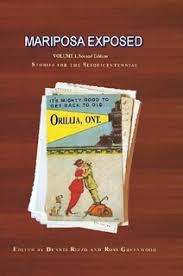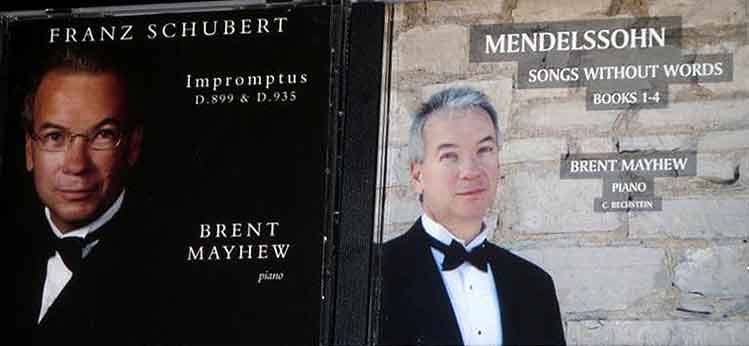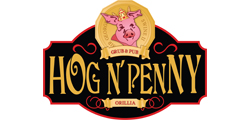This Week In Art/Culture/Entertainment
By John Swartz
Dennis Rizzo and Ross Greenwood have been getting the second volume of Mariposa Exposed ready. Dennis said they hope to have it ready for the printer in the fall.
They’ve been accepting stories for at least a year and the other day Dennis came up with an idea. He’d like to include brief stories, anecdotes, about what we are going through now. He thinks 100 words each for insertion between the longer stories.
This is a great idea. I’ve been reading about people’s exploits, handy tips, encounters, family bonding, and discovering long lost things in the back of the closet.
Some of the stories are funny, some touching, and some venting about the situation or what other people are doing.
The thing is, none of us have gone through this before. It’s all brand new and and each of us has a different take on it.
So here’s the deal. Write something that clocks in at about 100 words, write two things at 100 each, write until you run out of ideas. No, wait, I know how so prolific some of you are. I used to have a line whenever someone laughed at my lame jokes, “I’ve got a million of them; only 4 good ones, and eventually I’ll find them all.” Self edit, send your best.

I’m the point person collecting them so use johnswartz@orilliapronet.com with the subject line – My Story for Mariposa. Be sure to include your phone number.
I’ll handle first editing step. Don’t worry, nothing gets changed without your approval. If Stephen King has an editor, you can have one too. If Danielle Steel needs and editor, she gets one too. Did you see what I did there?
Depending on how many are submitted, it is likely some won’t get used. That part is up to Dennis and Ross.
So here’s a couple tips. Write like how you speak. The worst thing people do is try to write like how they think writing should be. Have you ever read a government, business or bureaucrat’s stuff? You don’t want to be like that. You and I aren’t King, or Churchill, or Berton and we’ll never be able to write like them, don’t try. Just be you.
Start with two things, the first and last sentence. You aren’t writing fiction with no clue how it’s going to end. Write the middle to connect them. It will likely be more than 100 words, so take out anything when missing still gets the reader to the end logically. You only get one ‘that.’ It’s probably the most expendable word in the English language. Don’t worry, you’ll use it like crazy at first, but you’ll find the meaning of the sentence doesn’t change without it. If you use more than two words ending in ly, leave only the two which matter most.
Oh, and read it out loud. If it sounds wrong or awkward, it is. Good grammar is good, perfect grammar quite often doesn’t serve in storytelling, so don’t worry about it. Let the editor(s) fix anything needing fixing. The main point is to first tell your story the way you see it.
That’s it for now.
Listen. Do you Hear it?
It’s the sound of all my English teachers spinning in their graves.
New Music

Brent Mayhew recorded some albums. He played music by Grieg, Schubert, Chopin and Mendelssohn . You can buy them by sending him a message through his Facebook page. The cost is $15, 2 for $25, 3 for $35. He’ll deliver – in town.
How This All Happened
A few years ago I was speaking with one of you. I don’t remember who. I was asked how it is I learned so much about music, and theater, film and television, writing, dance, and visual art. Primarily it was the music question at the root. When we had to part, he said I should write a column one day about my musical background because it’s different and broader than most other people.
I said I would keep that idea for a time when there was space. Guess what? That time is now.
Like many other musicians, it began with the Beatles. No, that’s not true, it started maybe a year and a half before their famous 1963 conquest of North America. I’ll get back to the Beatles.
The city I grew up in had three drum and bugle corps. They shared a hall a block and half away from my downtown home. Well, it wasn’t mine, but my mom and dad’s. I may be a bit independent, but not then.
I was too small to go down there and watch, though one of my parents would occasionally take me and my brother down to watch. The sound of the drums though, I could hear them at home. I recall it was my world at the time. I would gather up pots, cartons, boxes and make a drum set with pot lids for cymbals. My parents somehow tolerated that on Sunday mornings.
Then there were parades when I could see the drum crops in uniform marching down the street. Each corps would host a contest every summer and at that time those contests at the stadium came with a parade through our downtown, right past my house. With 7, 8 or 9 drum corps in each contest there was plenty new to see and hear. Several pipe bands also participated.
On my 3rd or 4th birthday my uncle gave me a toy drum with toy drum sticks. I think it lasted a week or so before I broke it. My parents were relieved. I cried. The next Christmas the same uncle gave me a pair of real drumsticks. My parents and my uncle remained friends to the last days they were on the planet despite the drumsticks. Nothing was safe. I think everything in the house had tiny dents from being drummed on.
Then the Beatles happened. My dad was a self-taught accordion player, pretty good too. He hated any music that wasn’t Frank Sinatra’s, Dean Martin’s, or anyone else still struggling to stay on the radio against the rock and roll taking over. But, he at least recognize the significance of the Beatles appearing on the Ed Sullivan Show and made sure me and my brother were there to see it. I wanted to be Paul. For years he was the one that had the look I tried to emulate, even though it was Ringo I copied beats from.
I’ve asked many drummers over the years about their first encounter with drums and every single one born before about 1968 said it was Ringo that got them interested.
This is where two things collide. The music Ringo played we got to see were no match for the drummers I saw from the drum corps. Ringo had the beats, clothes, hair, fame and all that, but the drum corps people had what I would later learn is called chops.
Shortly after the Beatles were on Ed Sullivan I was allowed off the block. If you are wondering where I roamed, you’re thinking too hard. I was down at the drum corps rehearsal place every night and when I got home I tried to teach myself the things I heard. By the time I was old enough at 12 to join the drum corps I was already pretty good, even if I had terrible technique.
Another thing happened somewhere between the discovery of drums and joining the drum corps, Buddy Rich. I don’t know when or how it was, likely my dad got me up some night when Buddy was on Johnny Carson’s show, but to me he was the link between Ringo and drum corps, set drumming and the rudimental style of drum crops. Anyone who knows and studies what Buddy plays knows he uses the rudiments front, back and sideways.
![]()



![]()
My interest in music is an evolutionary process. With what comes next I was surrounded by the very things people pay money to enjoy on stages everywhere. Not just how to play an instrument well, but also how to construct a show, how to practice and rehearse it, how choreography works, and how all the music of the world can be utilized in performance and influence writing. Those things were transferable to writing in English, and because of a second life in drum corps as an instructor and arranger after becoming too old to march, the visual aspects were revealed, which transfer to many other things like photography, acting and production, and art.
I suspect there is going to be space and time to let this story continue. I’ll be getting to how my interests broaden into things beyond drum corps and because of it.

